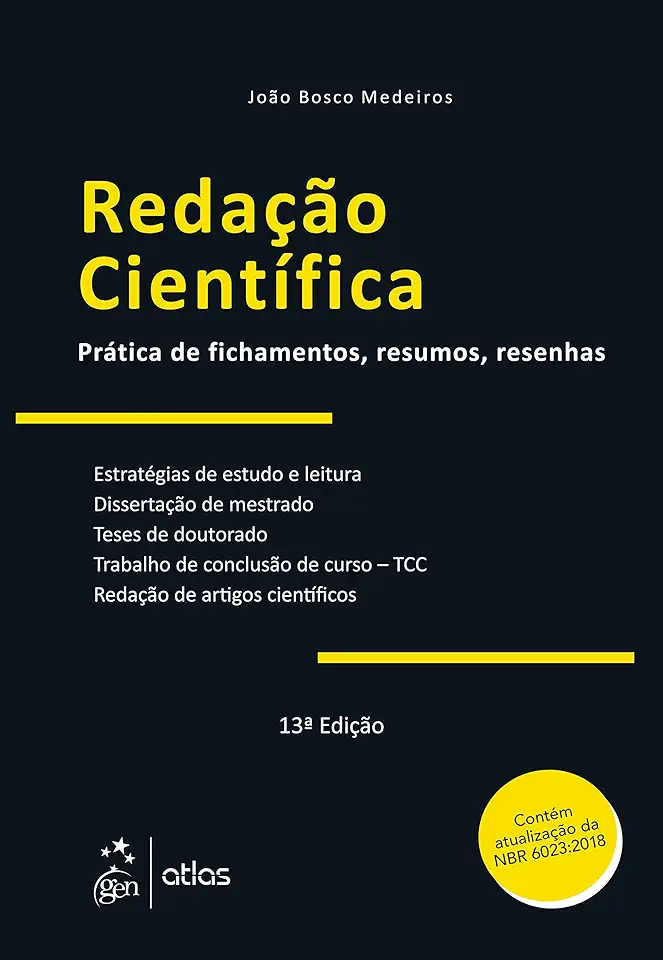
Scientific Writing - João Bosco Medeiros
Scientific Writing: A Guide for Researchers
Introduction
Scientific writing is a specialized form of writing that is used to communicate scientific research findings. It is important for scientists to be able to write effectively in order to share their work with the wider scientific community and to advance scientific knowledge.
The Basics of Scientific Writing
Scientific writing should be clear, concise, and accurate. It should also be objective and free from bias. The following are some of the basic principles of scientific writing:
- Use clear and concise language. Avoid jargon and technical terms that may not be familiar to your readers.
- Be objective and free from bias. Present your findings in a fair and impartial manner.
- Use the active voice whenever possible. This will make your writing more concise and easier to read.
- Use proper grammar and punctuation. This will help to ensure that your writing is clear and easy to understand.
The Structure of a Scientific Paper
A scientific paper typically consists of the following sections:
- Title: The title should be clear and concise, and it should accurately reflect the content of the paper.
- Abstract: The abstract is a brief summary of the paper. It should be no more than 250 words long.
- Introduction: The introduction provides background information on the topic of the paper and states the research question or hypothesis.
- Methods: The methods section describes the materials and methods that were used to conduct the research.
- Results: The results section presents the findings of the research.
- Discussion: The discussion section interprets the findings of the research and discusses their implications.
- Conclusion: The conclusion provides a brief summary of the paper and states the main conclusions.
Tips for Writing a Scientific Paper
The following are some tips for writing a scientific paper:
- Start early. Give yourself plenty of time to write your paper. This will help you to avoid rushing and to produce a high-quality paper.
- Do your research. Make sure that you have a thorough understanding of the topic of your paper before you start writing.
- Create an outline. An outline will help you to organize your thoughts and to ensure that your paper flows logically.
- Write a first draft. Don't worry about being perfect at this stage. Just get your thoughts down on paper.
- Revise and edit your paper. Once you have written a first draft, take some time to revise and edit it. This will help you to improve the clarity, conciseness, and accuracy of your writing.
- Get feedback. Ask a colleague or mentor to read your paper and give you feedback. This can help you to identify areas that need improvement.
Conclusion
Scientific writing is an important skill for scientists. By following the principles and tips outlined in this guide, you can improve your scientific writing skills and communicate your research findings effectively.